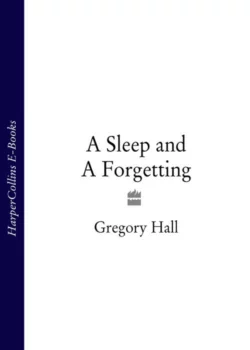A Sleep and A Forgetting

Gregory Hall
Тип: электронная книга
Жанр: Современная зарубежная литература
Язык: на английском языке
Стоимость: 152.32 ₽
Статус: В продаже
Издательство: HarperCollins
Дата публикации: 16.04.2024
Отзывы: Пока нет Добавить отзыв
О книге: A suicide letter from a young woman with everything to live for plunges her sister into a sinister investigation – uncovering the shared past they tried so hard to conceal.In this complex mystery which will delight all fans of Robert Goddard, the horrors of the past disrupt the lives of two sisters – and of everyone who is close to them.Catriona is a well-respected academic, specialising in the Romantic Poets at a prestigious London college. Everything revolves around her work, leaving no space for personal relationships. She’s the exact opposite of her sister Flora, who enjoys a rural existence in the Cotswolds with her scientist husband and teenage daughter. Then Catriona receives Flora’s suicide letter.Catriona races to the picturesque village, but there is no body to be found. Has Flora really killed herself, or is this an excuse to vanish -and if so, why? The sisters have spent their adult lives trying to bury what happened in their childhood, but Catriona must now face a very different kind of oblivion before the truth comes out.